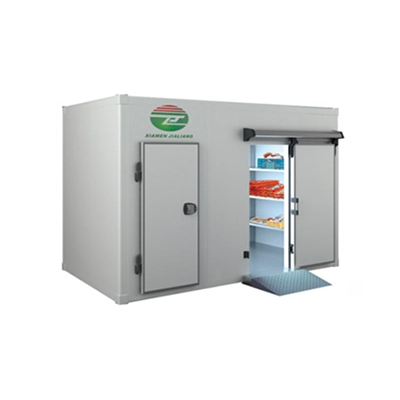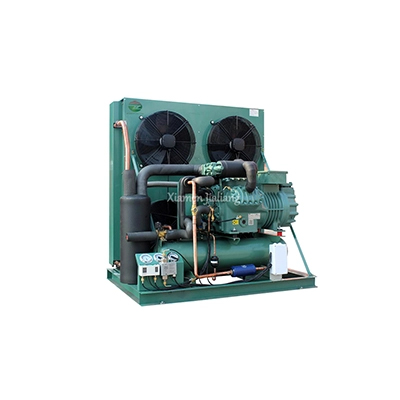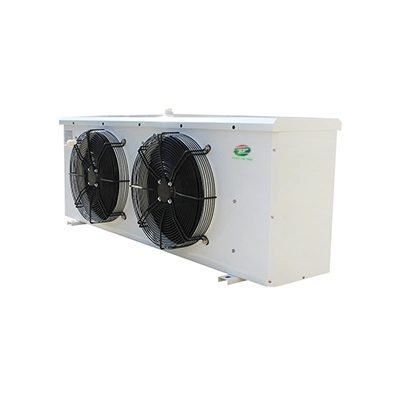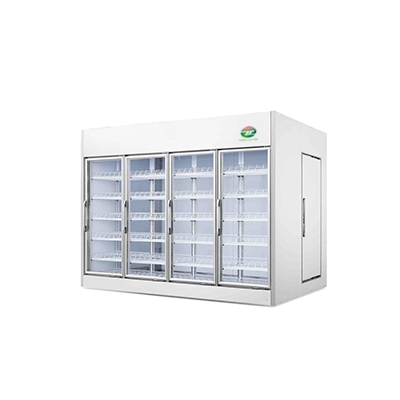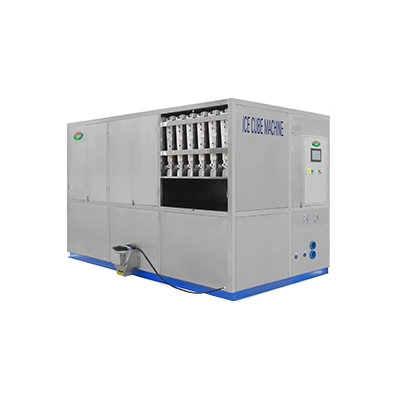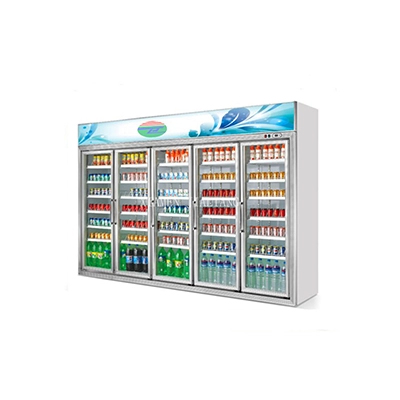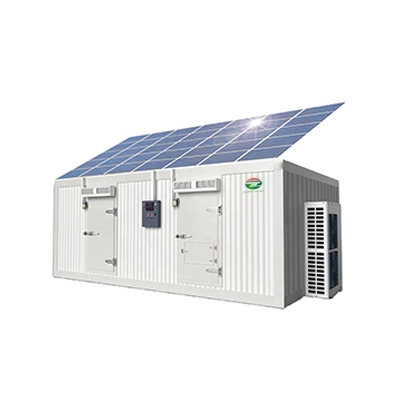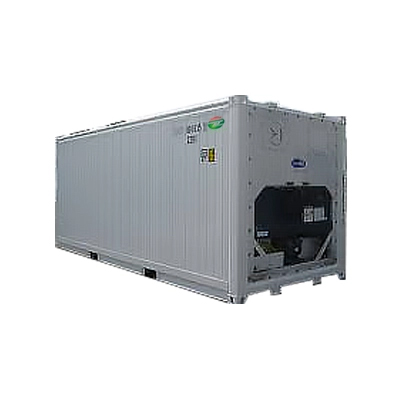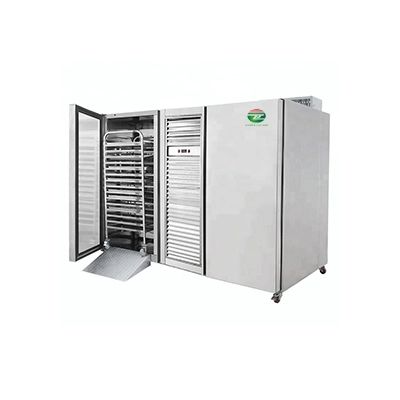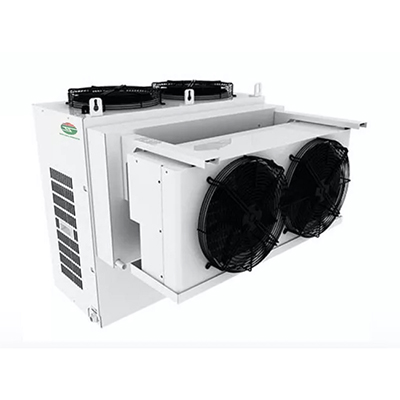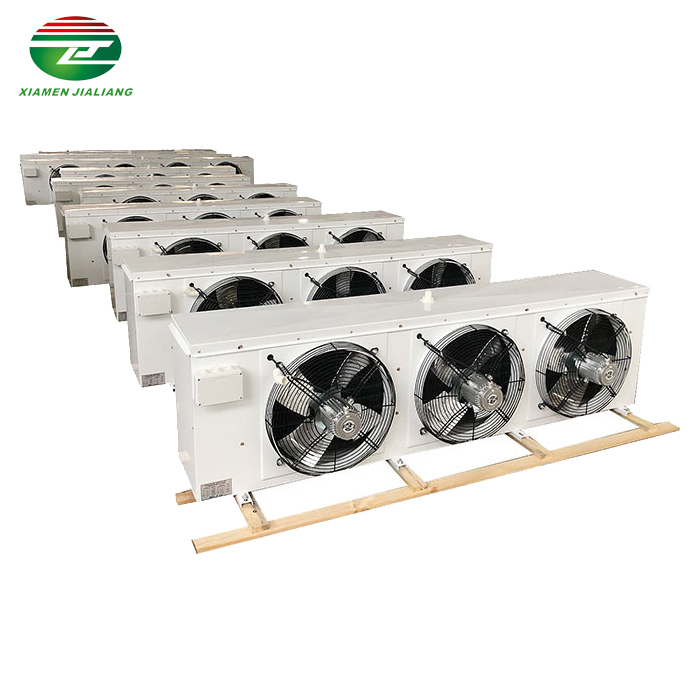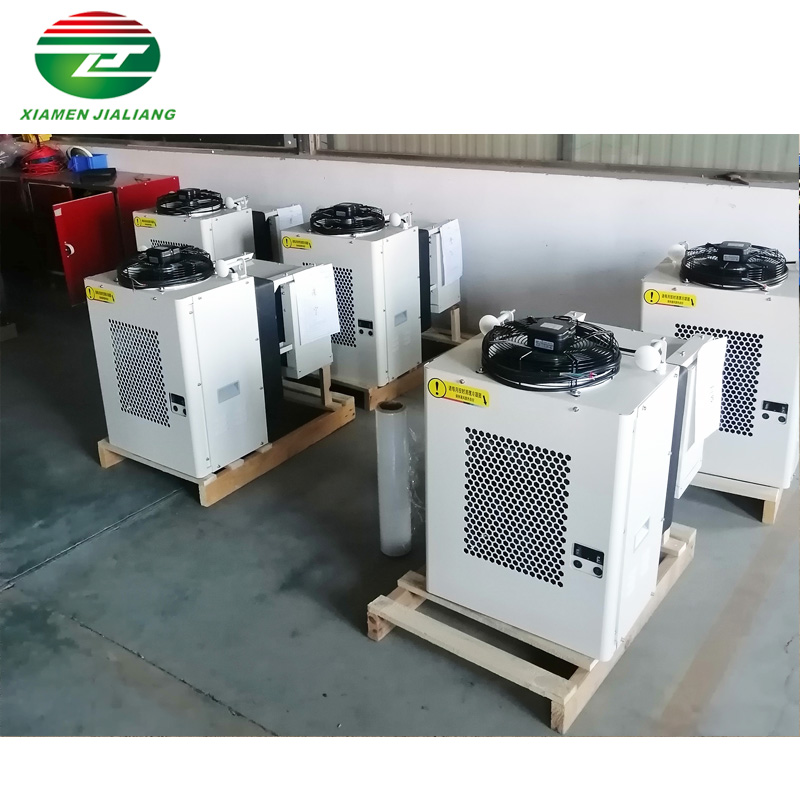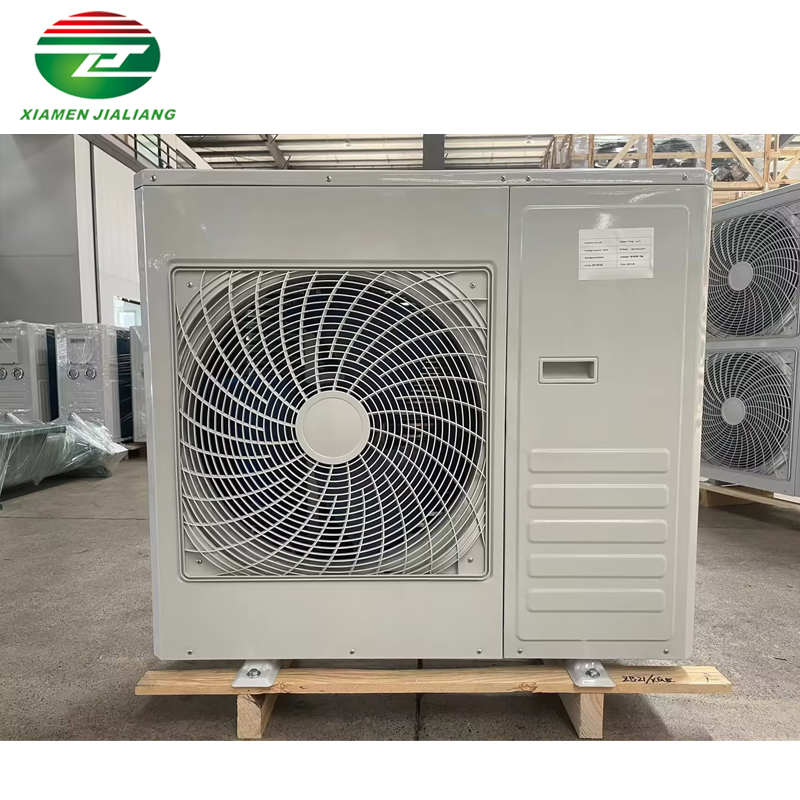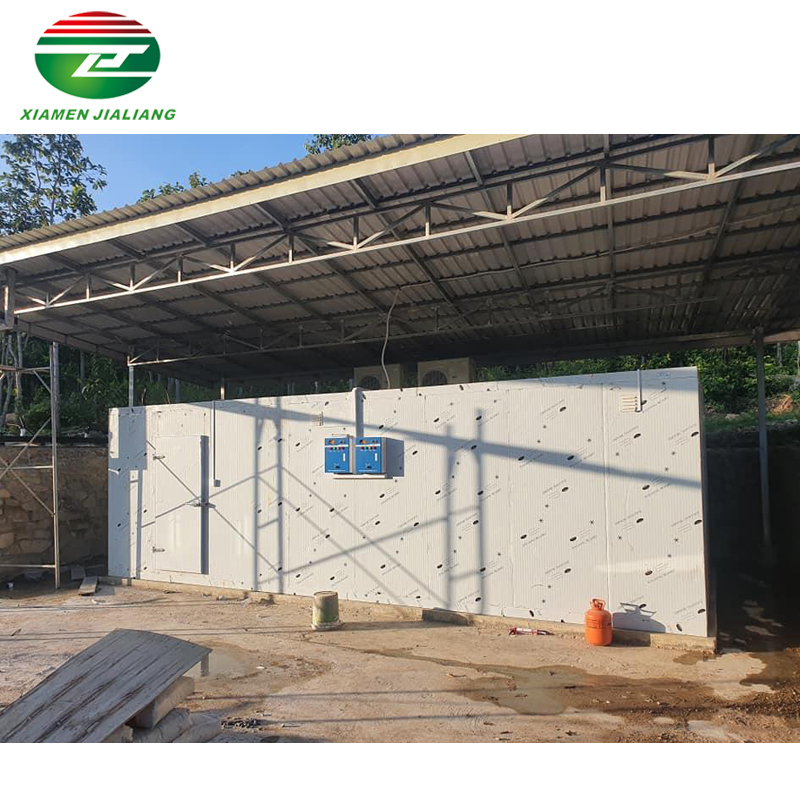Sustainability in cold storage: a step towards reducing food waste
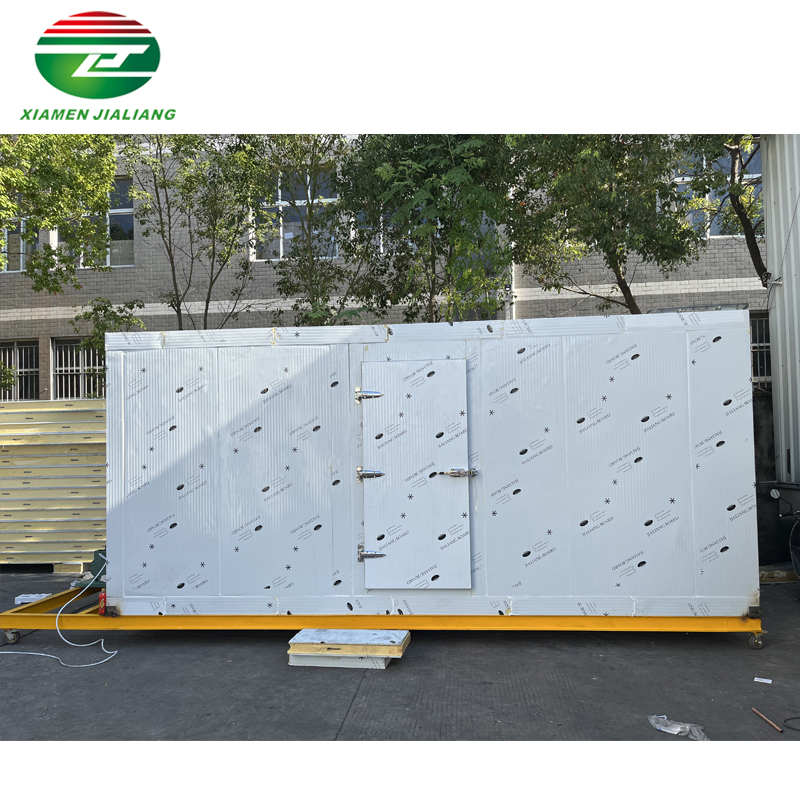
In today's world, food waste is a pressing global issue, contributing to environmental degradation and exacerbating food insecurity. Cold storage plays a crucial role in reducing food waste by extending the shelf life of perishable goods. However, traditional methods are not enough, and innovative technologies are being developed for sustainable cold storage. These technologies aim to enhance energy efficiency, minimize carbon emissions, and optimize storage conditions. Best practices, such as efficient inventory management and temperature monitoring, are also being established. By embracing these advancements, we can move towards a more sustainable and food-secure future.
The Role of Cold Storage in Reducing Food Waste
Cold storage plays a crucial role in reducing food waste and ensuring the longevity of perishable goods. With the global concern for food sustainability and the increasing demand for fresh produce, maintaining an efficient cold storage system has become imperative. Cold rooms, specifically designed storage spaces with controlled temperatures, offer a controlled environment that slows down the natural deterioration and spoilage of food items.
One of the main benefits of cold storage is its ability to extend the shelf life of perishable goods. By storing fruits, vegetables, dairy products, and meats in cold rooms, the growth of bacteria and other microorganisms is significantly slowed down. This means that food can be stored for a longer period without compromising its quality or safety. With proper temperature and humidity control, cold storage creates an optimal environment that prevents premature ripening, wilting, or decay.
Furthermore, cold storage helps in reducing food waste by allowing farmers, suppliers, and distributors to better manage their inventory. By having access to a reliable cold storage facility, producers can store excess harvests and seasonal crops during periods of oversupply. This prevents food from going to waste and provides a buffer for times of scarcity. Similarly, distributors can optimize their supply chain by storing and distributing perishable goods more efficiently, reducing the chances of spoilage during transportation.
In addition to reducing food waste, cold storage also plays a significant role in the preservation of nutritional value. Many fruits and vegetables start losing their vitamins and nutrients soon after they are harvested. By storing them in cold rooms, the degradation process is slowed down, preserving the nutritional content for longer periods. This is particularly important for regions where fresh produce may not be readily available or during off-seasons when certain fruits and vegetables are scarce.
To ensure the effectiveness of cold storage systems in reducing food waste, proper maintenance and monitoring are crucial. Regular inspections, temperature checks, and cleaning routines are necessary to guarantee optimal performance and prevent any potential issues. Additionally, investing in energy-efficient cold storage solutions can contribute to reducing the environmental impact and operational costs associated with these facilities.
Innovative Technologies for Sustainable Cold Storage
Cold storage has always been a crucial aspect of various industries, including food and pharmaceuticals. The ability to maintain the freshness and quality of perishable goods is essential for businesses to thrive. In recent years, innovative technologies have emerged to enhance the efficiency and sustainability of cold storage facilities. These advancements not only ensure the longevity of products but also minimize energy consumption and environmental impact.
One of the key innovations in cold storage is the development of high-performance cold rooms. These specialized storage spaces are designed to maintain specific temperature and humidity levels, ensuring optimal conditions for different types of goods. With advanced insulation materials and efficient cooling systems, cold rooms can effectively preserve perishable items for extended periods. By incorporating smart sensors and automation systems, these cold rooms can also monitor and adjust temperature and humidity levels in real-time, further optimizing the storage environment.
Another breakthrough technology in sustainable cold storage is the integration of renewable energy sources. Traditional cold storage facilities heavily rely on fossil fuel-based energy, contributing to greenhouse gas emissions. However, the adoption of renewable energy solutions, such as solar panels and wind turbines, can significantly reduce the carbon footprint of cold storage operations. By harnessing clean and abundant energy sources, businesses can not only reduce their environmental impact but also lower their energy costs in the long run.
Furthermore, the utilization of advanced refrigeration systems plays a vital role in sustainable cold storage. Traditional refrigeration units often consume substantial amounts of energy and rely on harmful refrigerants that contribute to ozone depletion. However, the development of eco-friendly refrigeration technologies, such as natural refrigerants and energy-efficient compressors, has revolutionized the cold storage industry. These advancements not only minimize energy consumption but also eliminate the use of harmful substances, ensuring a safer and more sustainable cold storage environment.
Best Practices for Sustainable Cold Storage Operations
Cold storage operations play a crucial role in ensuring the integrity and longevity of perishable goods. In order to maintain the quality of these items, it is essential to implement sustainable practices within cold storage facilities. By following best practices, businesses can not only reduce their environmental impact but also improve operational efficiency and profitability.
One of the key aspects of sustainable cold storage operations is energy efficiency. Cold rooms, which are specifically designed for the storage of perishable goods, consume a significant amount of energy. By investing in energy-efficient equipment and technologies, businesses can reduce their energy consumption and lower their carbon footprint. This can be achieved through the use of insulated panels, energy-efficient refrigeration systems, and LED lighting. Implementing proper insulation techniques and regularly maintaining equipment can further enhance energy efficiency.
Another important consideration in sustainable cold storage operations is waste management. It is crucial to minimize food waste within cold rooms to avoid unnecessary environmental impact. Proper inventory management, rotation, and labeling can help reduce spoilage and ensure that products are used before their expiration dates. Additionally, businesses can explore options for donating excess or unsold food to local charities or organizations, thereby reducing waste and supporting the community.
Water management is also a significant aspect of sustainable cold storage operations. Cold rooms often require water for cleaning and maintenance purposes. By implementing water-saving technologies such as low-flow faucets and water-efficient cleaning processes, businesses can minimize their water usage. Regular monitoring and maintenance of water systems can help identify and fix any leaks or inefficiencies, further conserving this valuable resource.
Furthermore, sustainable cold storage operations should prioritize the use of environmentally friendly refrigerants. Traditional refrigerants such as hydrochlorofluorocarbons (HCFCs) and chlorofluorocarbons (CFCs) have been found to have a detrimental impact on the ozone layer. By transitioning to natural refrigerants or low-global warming potential (GWP) alternatives, businesses can reduce their contribution to climate change and comply with environmental regulations.
Conclusion
In conclusion, the article emphasizes the importance of addressing food waste and highlights the role of cold storage in reducing waste. Cold rooms provide optimal storage conditions, efficient organization, and extended shelf life for perishable items. By utilizing cold storage, businesses can minimize their environmental impact, improve inventory management, and offer a wider range of products to consumers. The article also mentions that innovative technologies have paved the way for sustainable cold storage solutions, such as high-performance cold rooms and renewable energy integration. Implementing best practices for sustainable cold storage operations, including energy efficiency, waste management, water conservation, and the use of environmentally friendly refrigerants, is crucial for businesses in the perishable goods industry. These efforts not only contribute to a more sustainable future but also improve operational efficiency and profitability.

